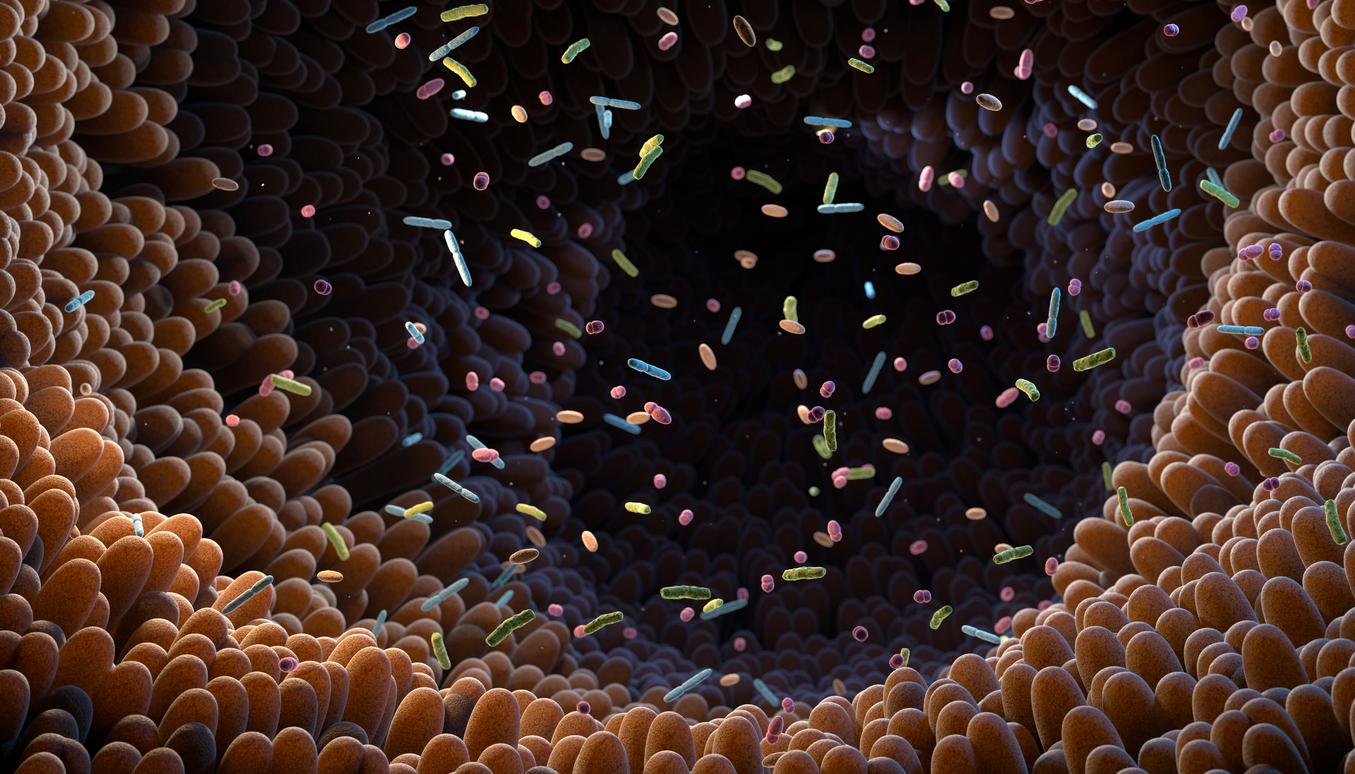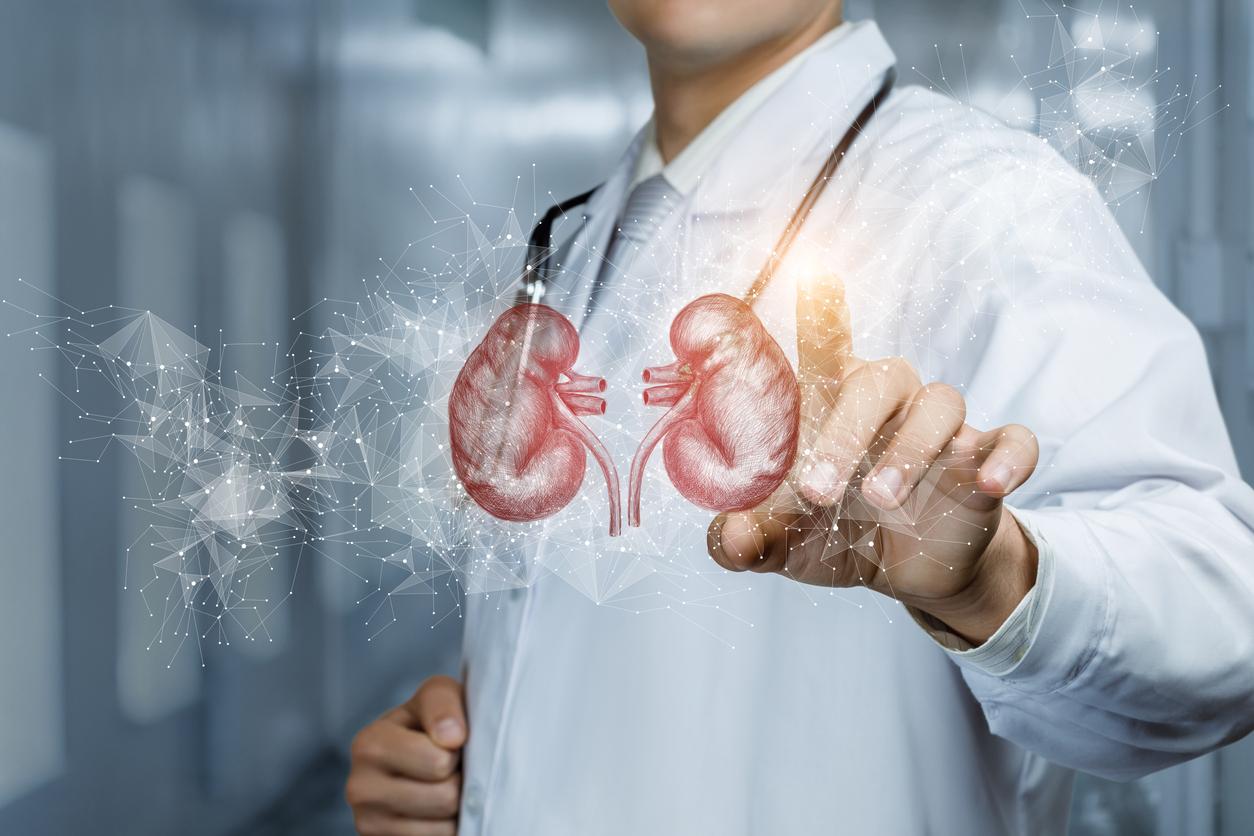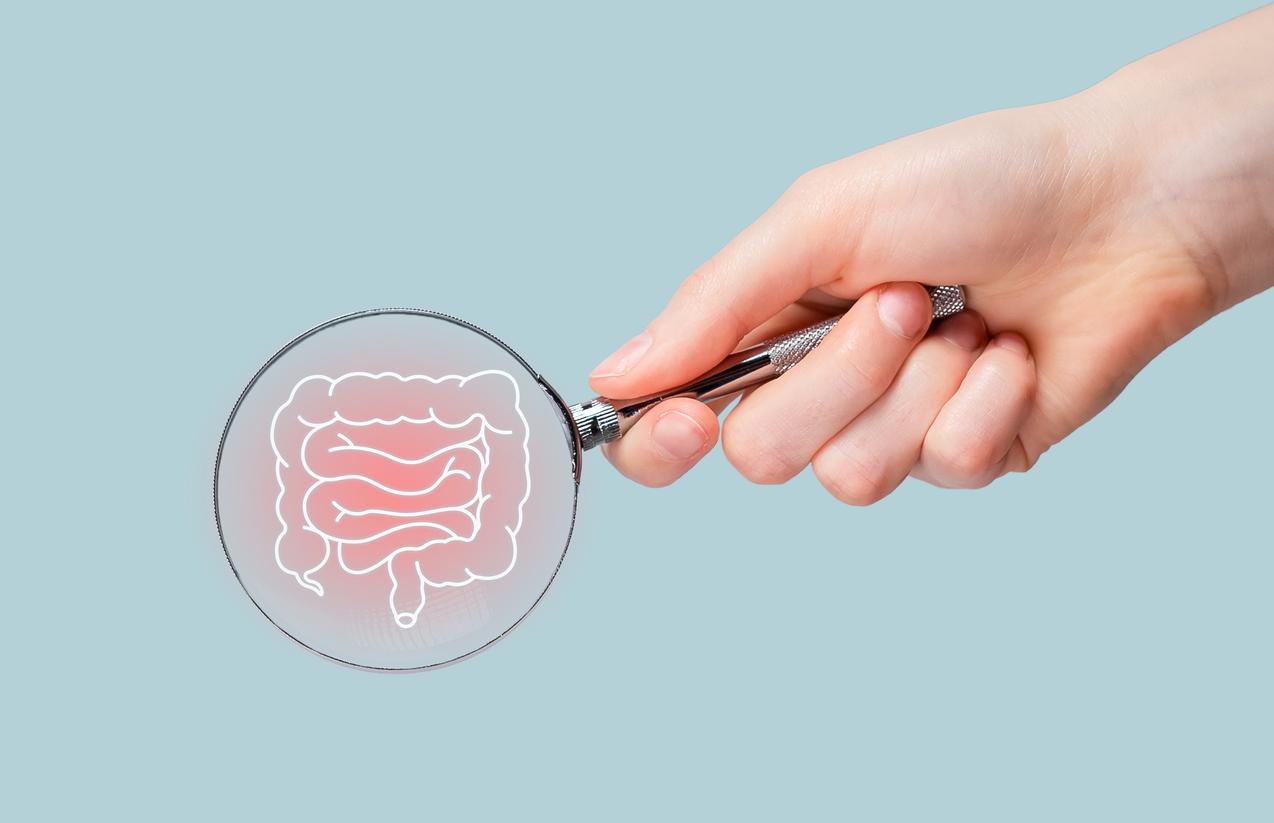Several bacteria that are part of the intestinal microbiota help metabolize cholesterol and thus reduce the risk of heart disease.

- Changes in the gut microbiome have been implicated in various diseases, including type 2 diabetes, obesity, and inflammatory bowel disease. A new study shows they can also influence heart health.
- Indeed, several species of bacteria such as those of the Oscillibacter genus are capable of metabolizing cholesterol. People who have a lot of it in their intestine have lower cholesterol levels, and therefore less heart risk.
- According to the researchers, their study suggests that interventions that manipulate the microbiome in specific ways could one day help reduce cholesterol in humans.
The intestinal microbiota plays a decisive role in health by being involved in digestion, the immune system, the brain, and even mood. A new study, led by a team of researchers from the Broad Institute of MIT and Harvard, as well as Massachusetts General Hospital, shows that it may also influence heart health.
According to the article published in the journal cell on April 2, 2024, specific species of bacteria in the microbiota consume the cholesterol present in the intestine and thus help to reduce cholesterol levels and the risk of heart disease in humans.
Microbiota: Oscillibacter bacteria absorb cholesterol
To better understand the link between heart health and intestinal microbiota, scientists analyzed the metabolites and microbial genomes of more than 1,400 participants. The results revealed that bacteria, called Oscillibacter, metabolize cholesterol from their environment. In addition, people who had a large quantity of these microorganisms in their intestine had lower cholesterol levels than others. “Researchers found that species of the genus Oscillibacter were surprisingly abundant in the gut, accounting for an average of 1 in 100 bacteria”specifies communicated.
They then wanted to understand the mechanism used by these bacteria to break down cholesterol. They then discovered that they transformed it into intermediate products which could then be broken down by other microorganisms and then excreted.
Another intestinal bacterial species, Eubacterium coprostanoligenesalso contributes to the reduction of cholesterol levels. “This species carries a gene that scientists had previously shown was involved in cholesterol metabolism. In this new work, the team discovered that Eubacterium could have a synergistic effect with Oscillibacter on cholesterol levels. cholesterol. Which suggests that new experiments studying combinations of bacterial species could help shed light on how different microbial communities interact to affect human health.”conclude the authors.

Cholesterol and microbiota: better understanding the mechanism
For researchers, their discovery could help develop a new therapeutic target in the fight against excess cholesterol. It is also likely to shed light on other similar metabolic pathways influenced by intestinal microbes.
“Due to the large number of genes with unknown functions in the gut microbiome, there are gaps in our ability to predict metabolic functions”explains Chenhao Li, co-first author of the study. “Our work highlights the possibility that additional pathways of sterol metabolism may be modified by gut microbes. There are potentially many new discoveries to be made that will bring us closer to a mechanistic understanding of how microbes interact with the host.”

















